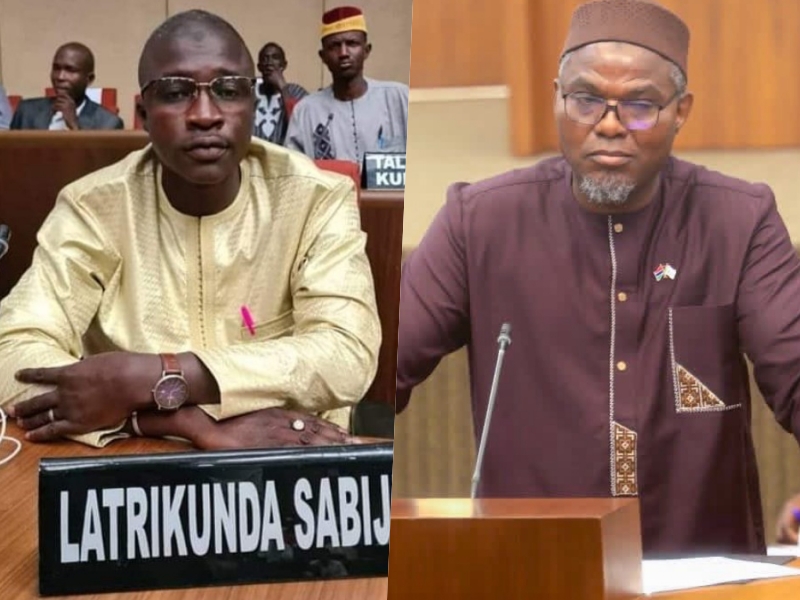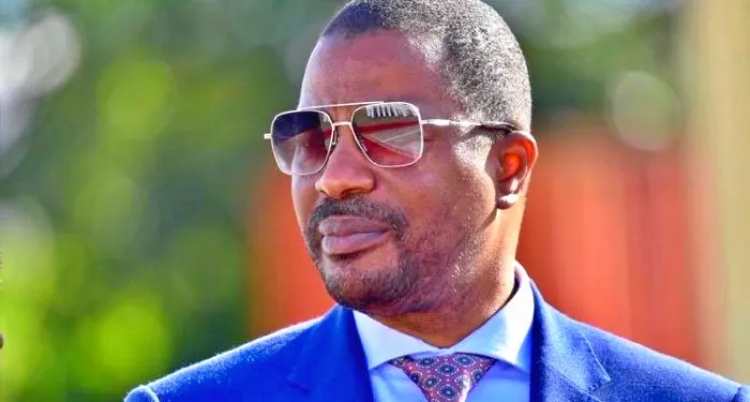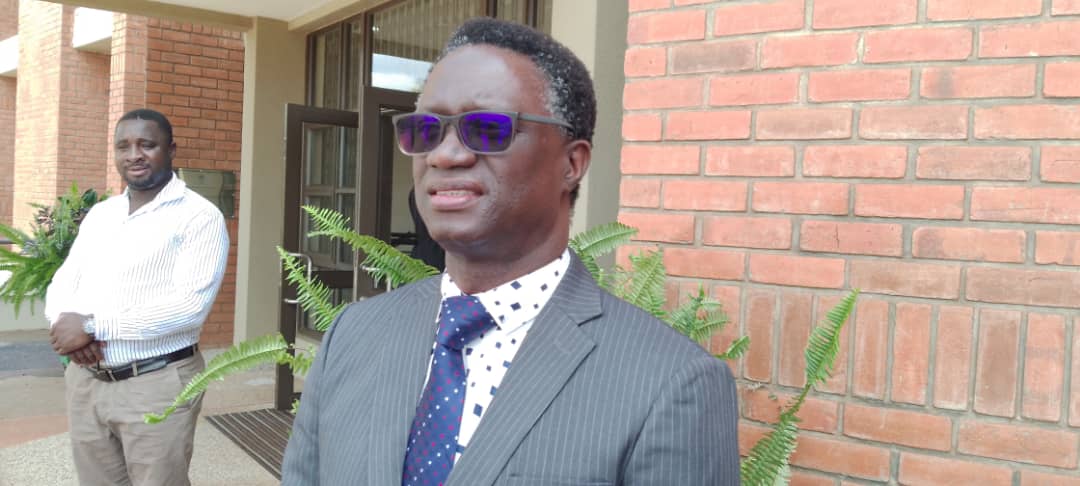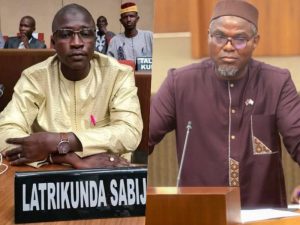Gambiaj.com – (Lilongwe, Malawi) – A Gambian delegation led by the Minister of Higher Education, Research, Science, and Technology, Professor Pierre Gomez, has embarked on a week-long study tour at Malawi’s Lilongwe University of Agriculture and Natural Resources (LUANAR) to explore best practices in aquafish and agribusiness development. The delegation aims to replicate LUANAR’s success in these fields by establishing similar Centers of Excellence in The Gambia.
Speaking to reporters on Monday, Professor Gomez highlighted Gambia’s ambitions to foster expertise in aquafish and agribusiness, two sectors where LUANAR is a regional leader. “Our government wants to promote these two areas, and this visit allows us to learn from Malawi’s model to ensure we do it right,” Gomez stated. The Malawian institution is known for integrating practical skills and hands-on learning in aquaculture and agribusiness, areas that Gambia hopes to develop domestically.
Gomez noted that The Gambia had already begun laying the groundwork by sponsoring Gambian students to pursue master’s programs at LUANAR in fisheries and agribusiness. “We want Malawi, through LUANAR, to partner with us in every step as we build our Centers of Excellence in The Gambia,” Gomez added, emphasizing the centers’

future significance not only for Gambia but for the broader West African sub-region.
LUANAR’s Vice Chancellor, Professor Emmanuel Kaunda, welcomed the Gambian delegation, underscoring LUANAR’s vision to serve as a premier institution for both Africa and the world. With 48 World Bank-supported Centers of Excellence across Africa, LUANAR remains the only one dedicated to aquaculture and fisheries. “African nations no longer need to travel to Europe for expertise in these fields,” Kaunda said. “Malawi has the knowledge and capacity, and we are proud to share it with our neighbors.”
Professor Kaunda also expressed pride in LUANAR’s accomplishments, describing the university as a global leader in aquaculture and agribusiness entrepreneurship. LUANAR’s African Centre of Excellence in Aquaculture and Fisheries Science trains students across the fish value chain, addressing a key issue in the region: low fish production and consumption. The institution’s focus on sustainable fish farming and market-oriented agribusiness is expected to inspire Gambia’s approach.
The Gambian government envisions that the proposed centers will not only serve the nation but will also strengthen West Africa’s position in aquaculture and agribusiness. This collaboration with Malawi, Gomez expressed, marks an important step in fulfilling that goal.










